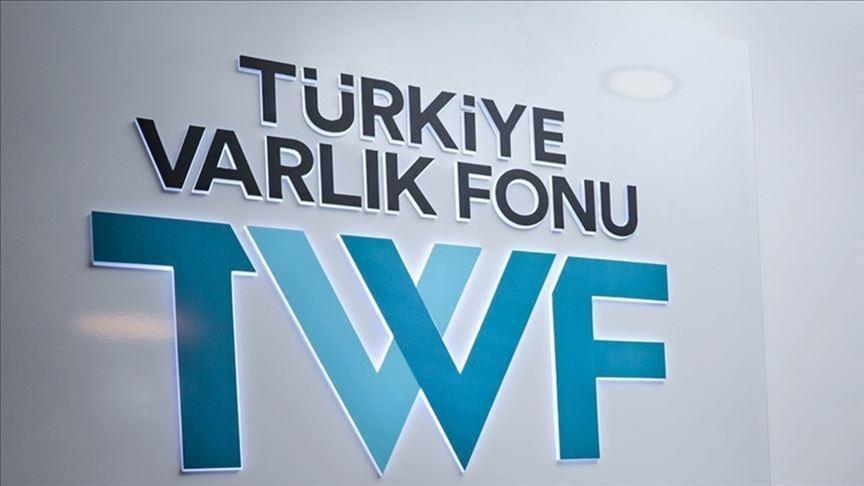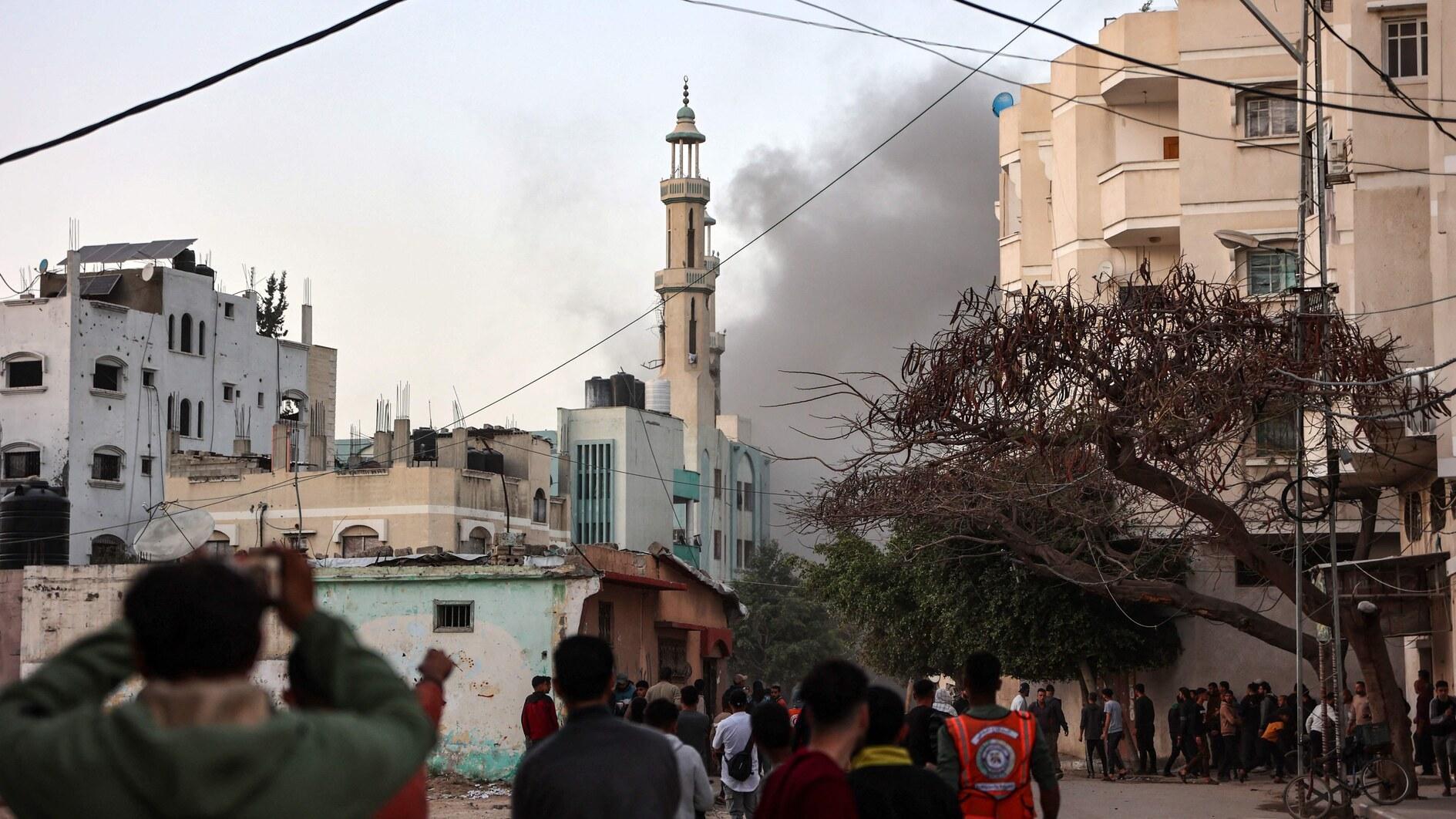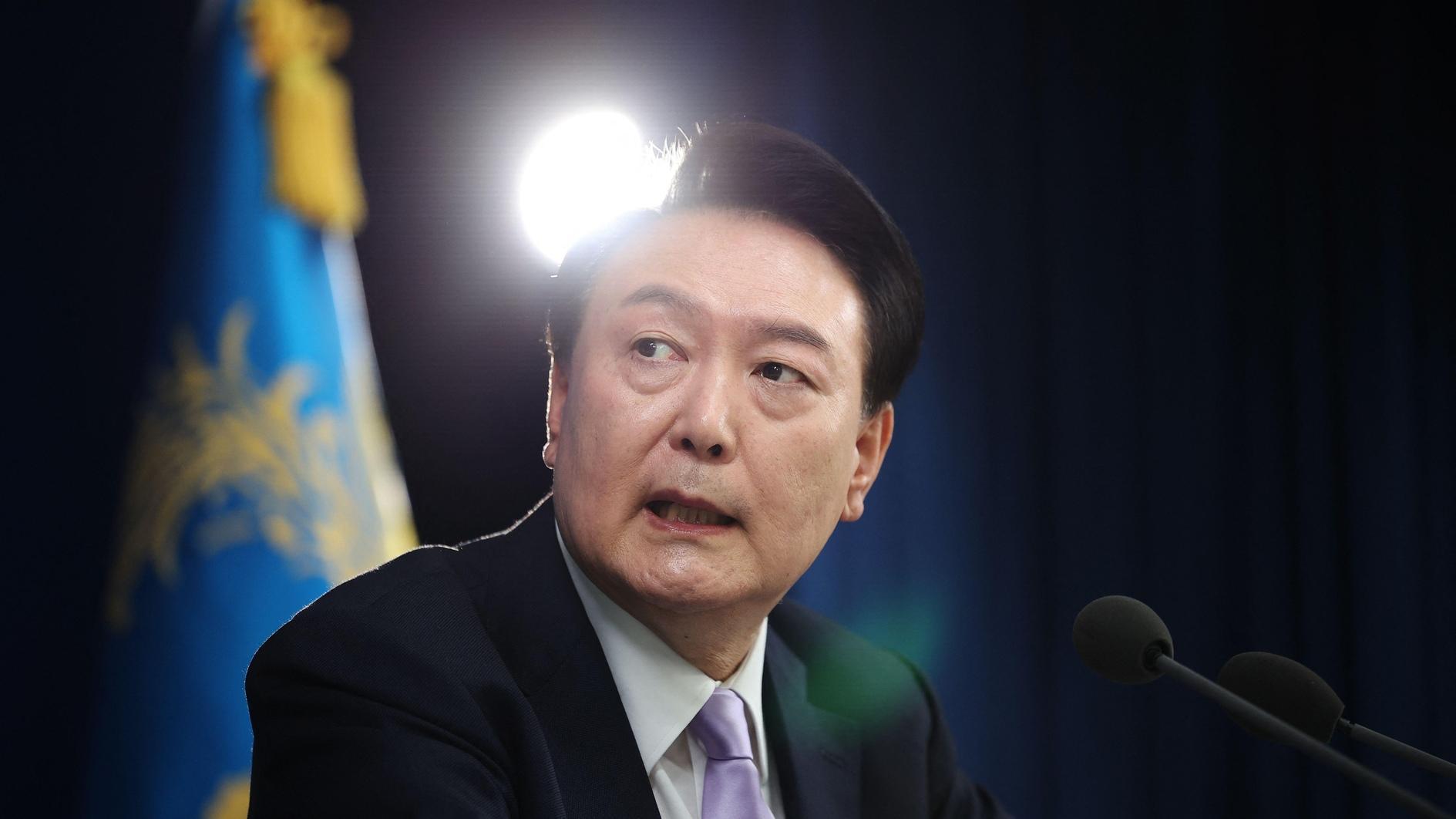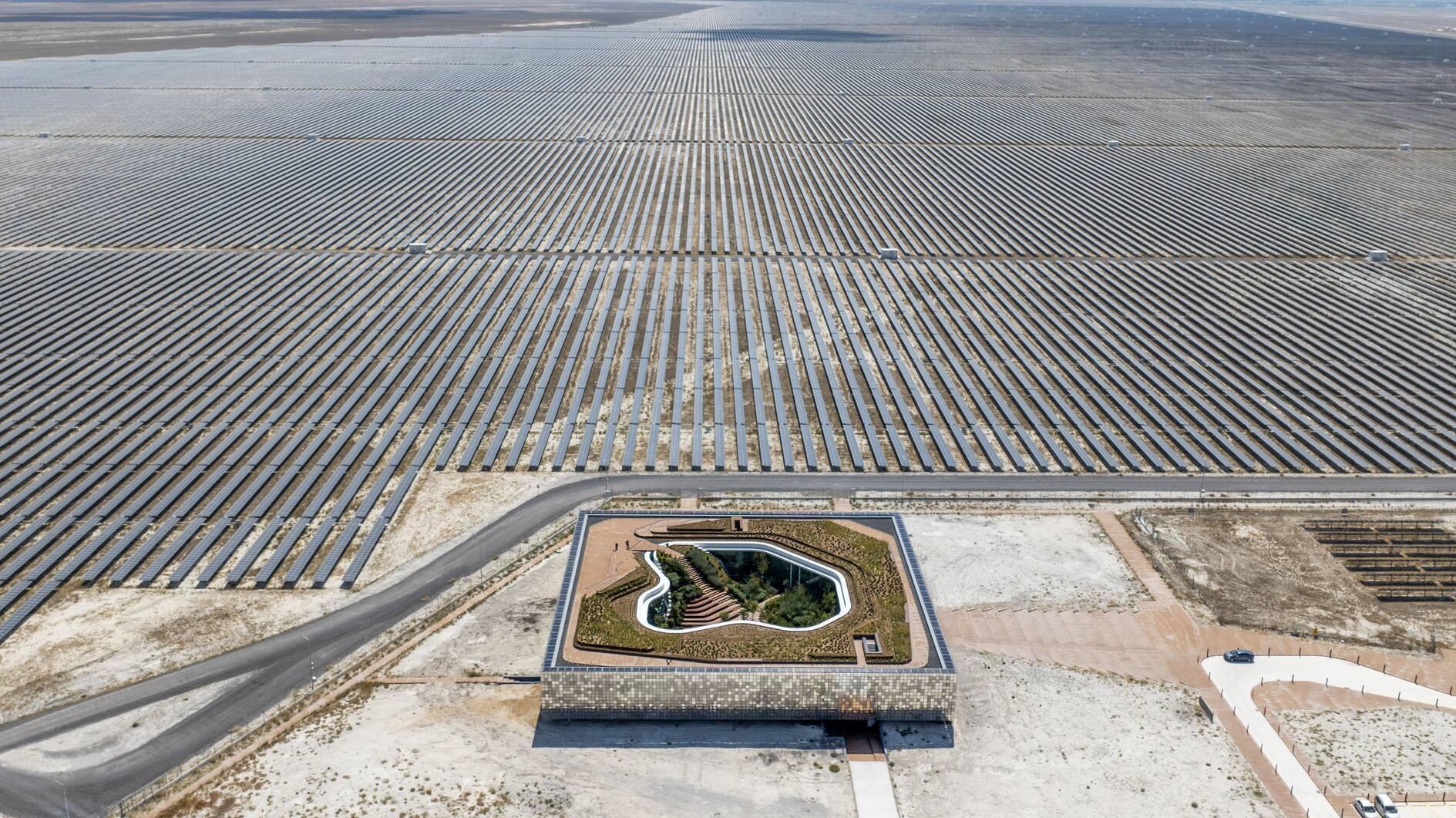It is all about Erdoğan
Last Sunday, while Istanbul was being shaken by clashes between unarmed protestors and tear-gas-trigger-happy police, I had to join a pre-planned dinner which included a senior politician from the governing AKP. When I asked him about what he thought about the turmoil in the city, he shrugged his shoulders and said: “Well, even my daughters wanted to join the initial protests against the uprooting of trees in Gezi Park; I had to convince them not to go.”
“We should have understood the reaction better,” he added, “and have responded to it in a more calming manner.”
Then I asked him why this “calming manner” did not take place. He reminded that Bülent Arınç, the second man of the AKP after Erdoğan, had indeed tried to do that by his remarks on the second day. “But you know,” he said, “the style of our prime minister is a little different.”
This reticent confession by the AKP politician was the summary of the problem; lots of people in the governing party see that they have made a grave mistake by imposing a controversial reconstruction plan on Taksim Square, the heart of Istanbul, and unleashing police violence against peaceful protestors. The statements from Istanbul mayor Kadir Topbaş or even some close advisors to Prime Minister Recep Tayyip Erdoğan prove that. Meanwhile President Gül, as usual, acts as the voice of reason and reconciliation.
However Erdoğan himself, the person who is the target of all the anger in the streets, remains defiant, provocative and insensitive. When he was asked by a Turkish journalist on his way to North Africa whether he could not use “a softer tone” against the protestors, he replied: “I don’t know what a softer tone is.” Yes, he really doesn’t.
That is really the core of the problem: Erdoğan’s intimidating style. In fact, he has done great things for Turkey in the past decade, and had accomplishments that I have enthusiastically supported. But the way he understands democracy (“I win the ballots, I call all the shots”), and the way he degrades his opponents, has been breeding a widespread tension in the country, which exploded in a way that he could not ever foresee. People say that had Erdoğan showed up in front of the cameras the first night, apologized for police violence and promised dialogue with opposition and civil society on his Taksim Square plans, things would have calmed down. I think so too.
Some people will tell you this is all about the “Islamism,” or outright Islam, of Erdoğan. Not really. Gül is just as Islamic in his worldview, but he is way more moderate and liberal. It is really the combination of an overbearing personality and a political culture which venerates such personalities.
Where we go from here really depends of the course of action Erdoğan will take. He has proven in the past decade that he can well be pragmatic when he wants. If he tries, he can change his tone and style, and take a new route which will calm down the fears and frustrations of the discontented groups. He can win the next elections and continue his successful political career. Otherwise, these protests will reemerge and deepen the political crisis in Turkey.
The good scenario is possible: Bülent Arınç made a very good speech yesterday, after his meeting with Gül, promising restraint on police, “self-criticism,” and dialogue. I am just hoping, and praying, that on his return back to Turkey, Erdoğan will not turn this better mood upside down.











